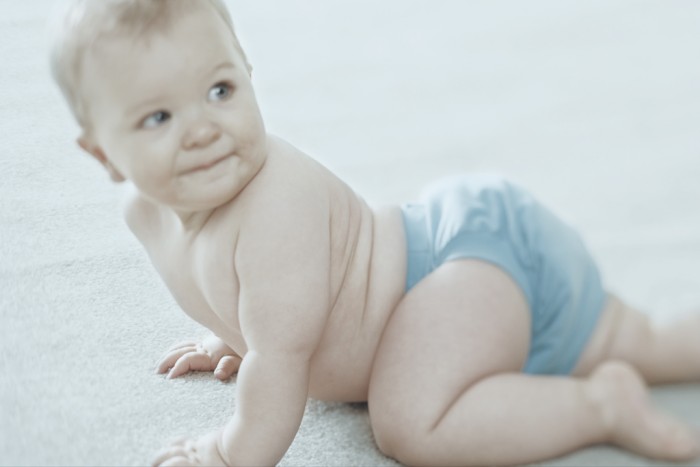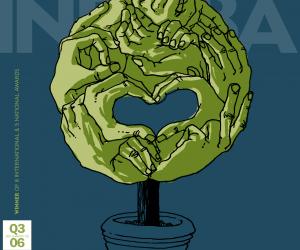First Published in

Babies are, of course, necessary for the continuation of the species. Too many babies, on the other hand, means over-population and all its attendant problems. Responsible parenting no longer means finding the right school and making sure your offspring shun drugs in their teens, it entails considering the option of having none, or only one or two kids at most (which may not be culturally appropriate for some religious groups).
It also means giving up those oh-so-convenient disposable nappies that have been ubiquitously popular for the last 40 years. Why? Because disposable nappies, disguised in pastels and cute, beguiling brand names, are a major landfill problem, placing them high on the list of environmental no-nos. In the first year of its life, a baby will have its nappy changed about 2 000-3 000 times.
According to the website Eco Baby, each year: "About five million tons of untreated body excrement, which may carry over 100 intestinal viruses, is brought to landfills via disposables. This may contribute to groundwater contamination and attract insects that carry and transmit diseases. In 1990, 18 billion disposables were thrown into United States landfills. Is it wise to use 3.4 billion gallons of oil and over 250 000 trees a year to manufacture disposables that end up in our already overburdened landfills?"
Well, that's a no-brainer. The solution doesn't necessarily lie in traditional cotton towels, although they remain a good option, but in biodegradable, flushable nappies. gDiapers (www.gdiapers.com) has invented an eco-friendly nappy that has no "elemental chlorine, no perfumes, no smell, no garbage and no guilt. In fact, flushables are so gentle on the Earth you can even garden compost the wet ones in one compost cycle."
gDiapers carry Cradle to Cradle approval from McDonough Braungart Design Chemistry, a certification body (www.certified.com) designed to sort the organic wheat from the chaff. Naturally, the gorgeous little model picture on these pages (no, not the baby) is a gDiaper.







